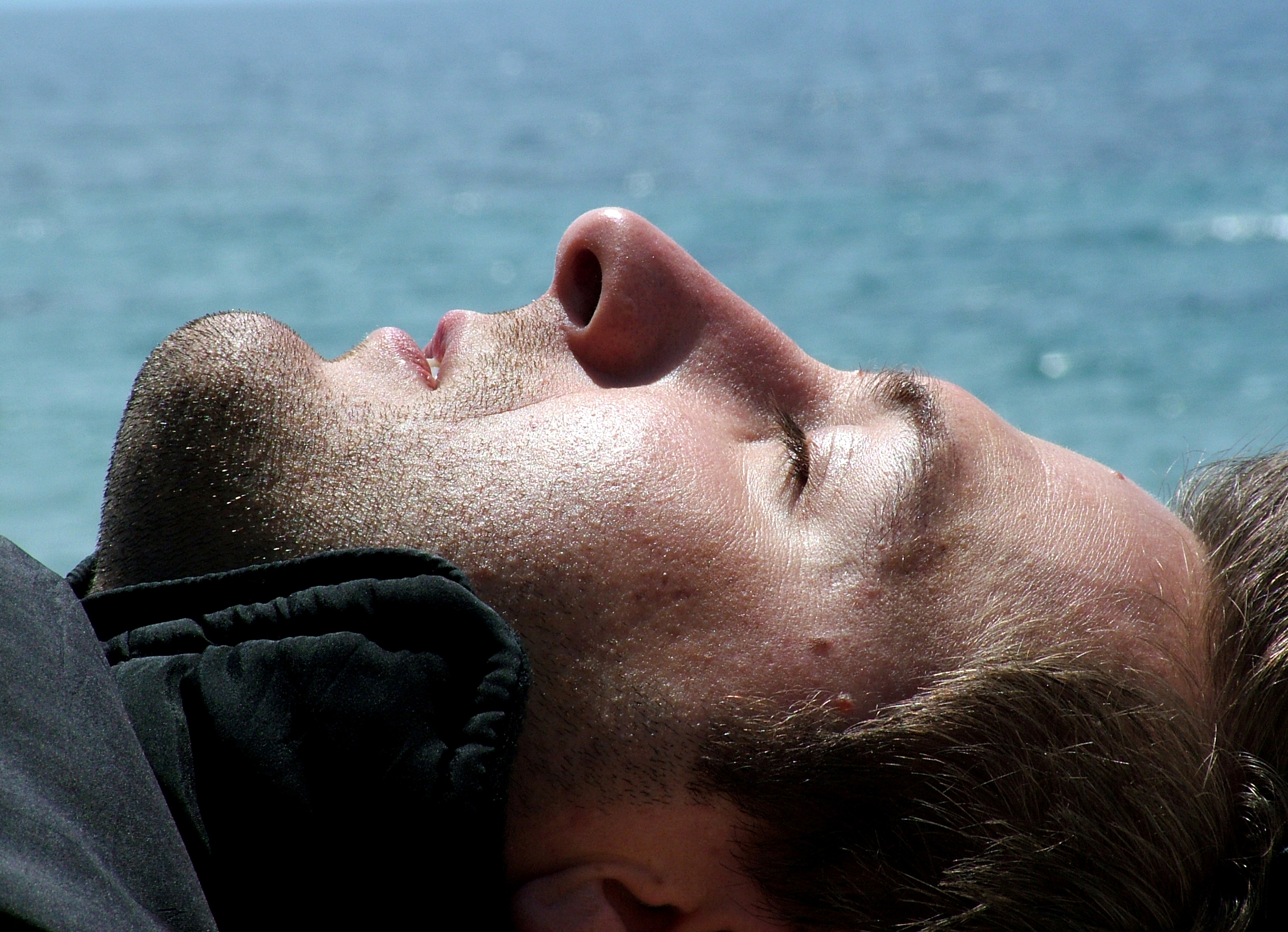TUESDAY, Oct. 11 (HealthDay News) — Men with disabilities are four times more likely to be sexually assaulted then nondisabled men, a new study says.
The researchers studied data collected from nearly 22,000 people who took part in the 2005 Massachusetts Behavioral Risk Factor Surveillance System, an annual health survey of noninstitutionalized adults.
The analysis revealed that about 14 percent of men with disabilities said they had been victims of sexual violence at some time in their lives, compared with less than 4 percent of nondisabled men, about 27 percent of women with disabilities and about 12 percent of nondisabled women.
The researchers also found that more than 5 percent of disabled men reported experiencing sexual violence in the past year, compared with less than 2 percent of nondisabled men, about 6 percent of disabled women and slightly more than 2 percent of nondisabled women.
The study by investigators at the University of Massachusetts Medical School and the Massachusetts Department of Public Health was published online Oct. 11 in the American Journal of Preventive Medicine.
“Men with disabilities are at a heightened risk for lifetime and current sexual violence victimization,” lead investigator Monika Mitra, a research scientist at the university’s Center for Health Policy and Research, said in a journal news release.
“The most notable finding is that the prevalence of lifetime sexual violence, completed rape and attempted rape against men with disabilities was comparable to that against women without disabilities, and past-year rates for men with disabilities exceeded those for women without disabilities,” she added.
Perpetrators of the sexual violence against men with disabilities included acquaintances, strangers, family members, caregivers and intimate partners.
Men were considered to have a disability if they reported limitations due to physical, mental, emotional or communication-related problems.
More information
The Pennsylvania-based National Sexual Violence Resource Center has more about sexual violence and disabled people.

